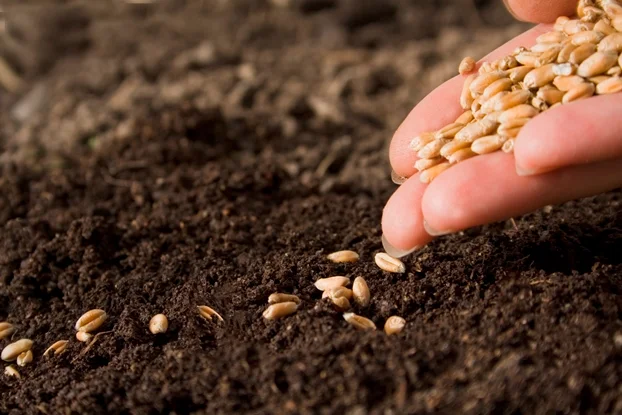Tuesday, 27 January 2026

India’s Rs 30,000-crore seed industry has the potential to unlock over Rs 800 crore in additional annual value and raise its global market share from the current 1 per cent to 10 per cent by 2035 — provided the sector undergoes holistic regulatory reforms. This is the central finding of a new report by the Federation of Seed Industry of India (FSII), titled Ease of Doing Business in the Indian Seed Industry: Unlocking Growth Through Holistic Policy Reforms, launched at FSII’s 9th Annual General Meeting.
The report argues that easing regulatory bottlenecks could significantly cut compliance costs, accelerate research and development investments, and bring innovative seed varieties to farmers faster. At present, industry players lose over Rs 300 crore annually due to procedural delays in licensing and registration, causing them to miss critical testing and launch windows. Additional friction arises from redundant varietal testing, inconsistent state-level requirements, and procedural complexities that disproportionately impact MSMEs.
Progressive farmers have also called for urgent reforms. Ravichandran Vanchinathan, a farmer from Tamil Nadu, stressed the importance of policy changes to enable access to new technologies. “Farmers are demanding access to GM crops and other innovative technologies that help us fight climate stress, pests, and diseases. We want policies that allow us to benefit from scientific progress rather than being left behind,” he said.
Dr. Trilochan Mohapatra, Chairperson of the Protection of Plant Varieties and Farmers’ Rights Authority (PPVFRA), underlined the role of intellectual property protections. “India has made significant progress, and a robust IP framework is critical for further growth of the seed sector. Protecting breeders’ and farmers’ rights encourages investment in research and ensures that innovations reach farmers without delays,” he noted, adding that timely approvals remain a priority for the authority.
The FSII report recommends measures such as a phased digital transformation of procedures, a unified “One Nation, One License” system, and harmonization of divergent testing requirements. According to FSII estimates, these steps could save the industry between Rs 382 crore and Rs 708 crore annually, increase R&D spending by up to 15 per cent, and allow companies to introduce three to five new varieties each year.
Government officials signaled openness to such reforms. Ajeet K Sahu, Joint Secretary (Seeds), Ministry of Agriculture & Farmers Welfare, said the government is exploring ways to strengthen the seed sector, including initiatives like SATHI to enhance traceability. “We are also looking at integrating various legislations, including the Seed Act of 1966 and the PPVFRA Act, into a single framework. Work on the Draft Seed Bill is underway,” he said.
Adding to the regulatory perspective, Dr. D.K. Yadava, Assistant Director General (Seed), ICAR, emphasized the importance of stronger public–private partnerships. “India’s private sector has been contributing significantly, complementing the public sector. Going forward, closer collaboration is needed to address IP issues and accelerate innovation,” he said.
Ajai Rana, Chairman of FSII and CEO & MD of Savannah Seeds, said the benefits of reform would extend across the ecosystem. “More than 54 per cent of Indian seed companies are MSMEs, who currently face compliance costs averaging Rs 64 lakh annually. If we digitize and unify licensing systems, we can unlock savings, boost R&D by up to 15 per cent, and position India to capture 10 per cent of the global seed market. This will not only raise farmer incomes but also generate thousands of jobs in the sector,” he said.
By aligning policy reforms with innovation pathways, India’s seed industry could emerge as a global player, while strengthening farmer resilience and food security at home.